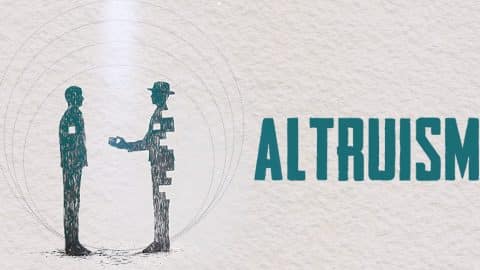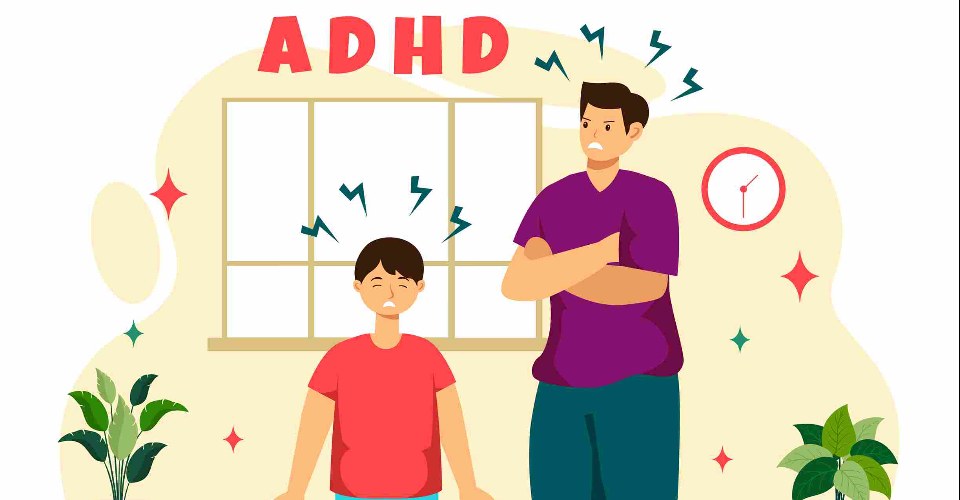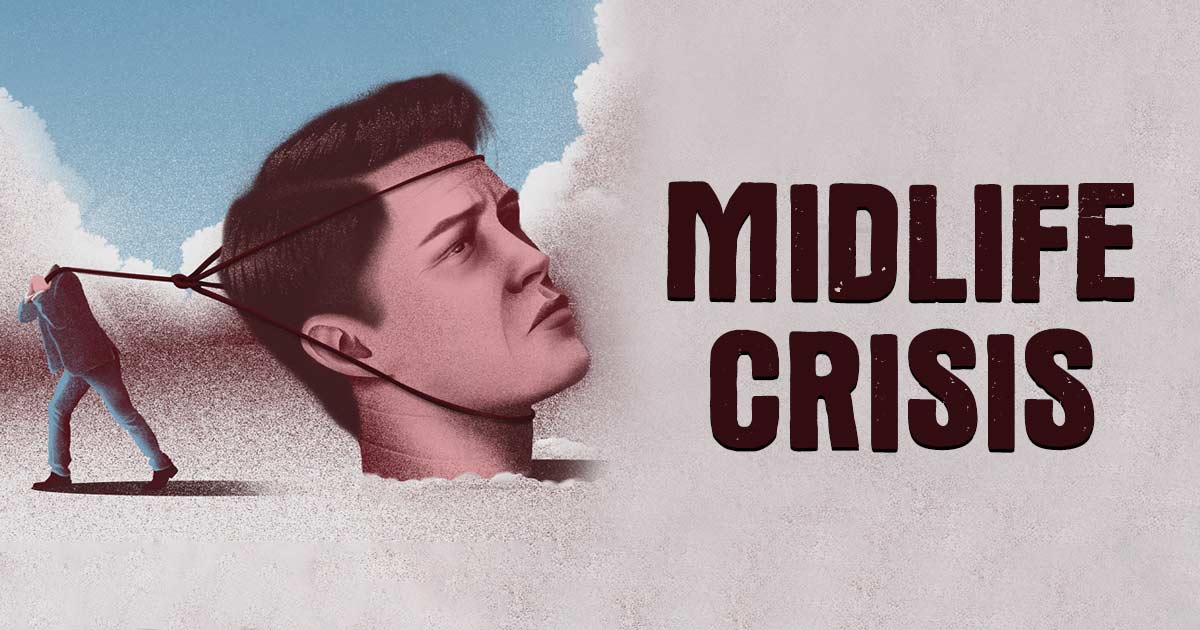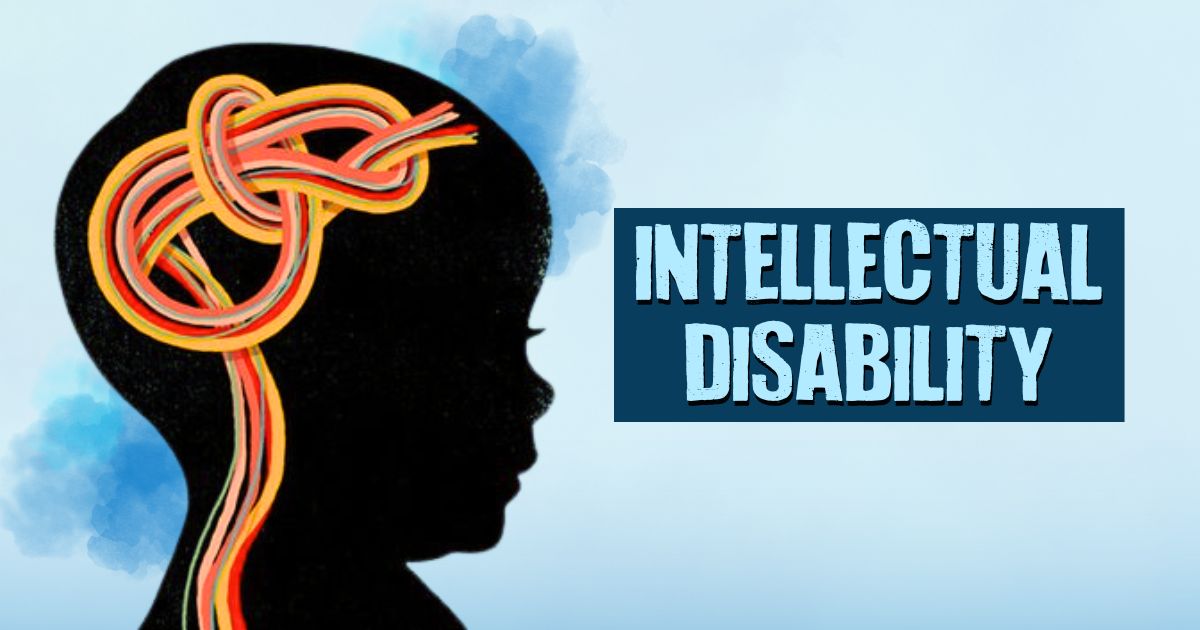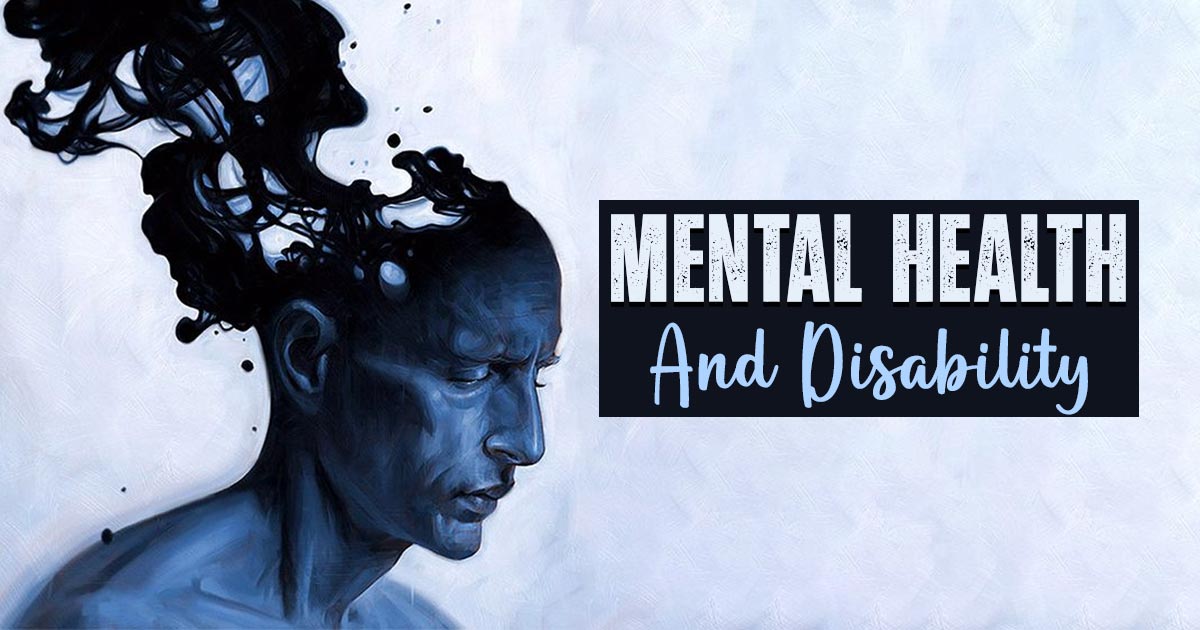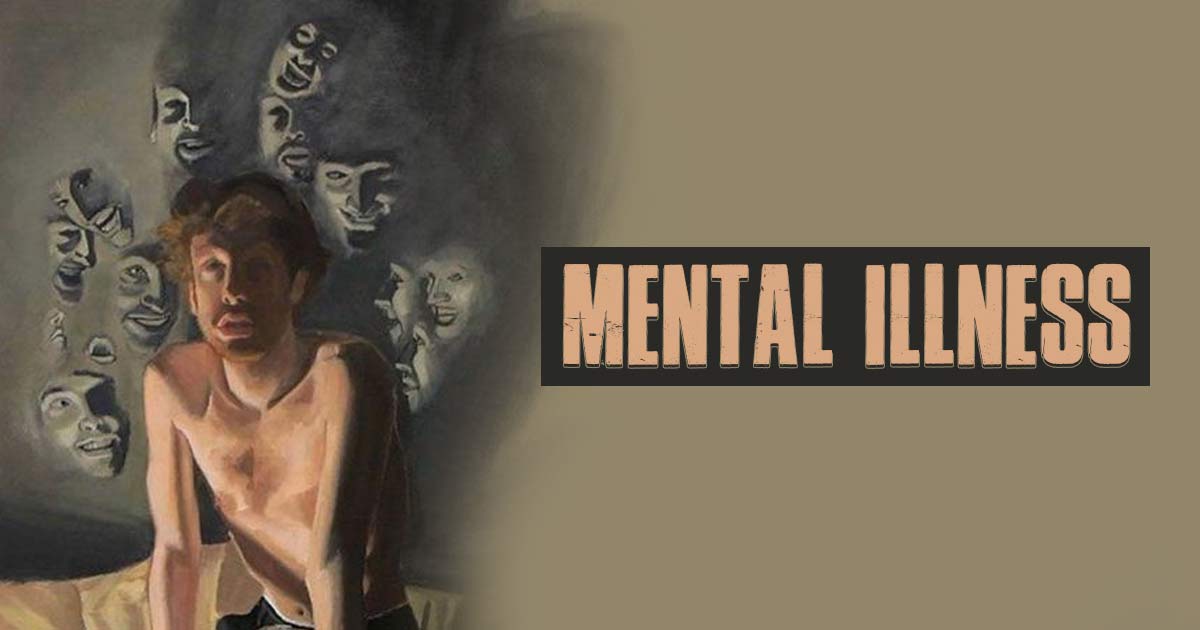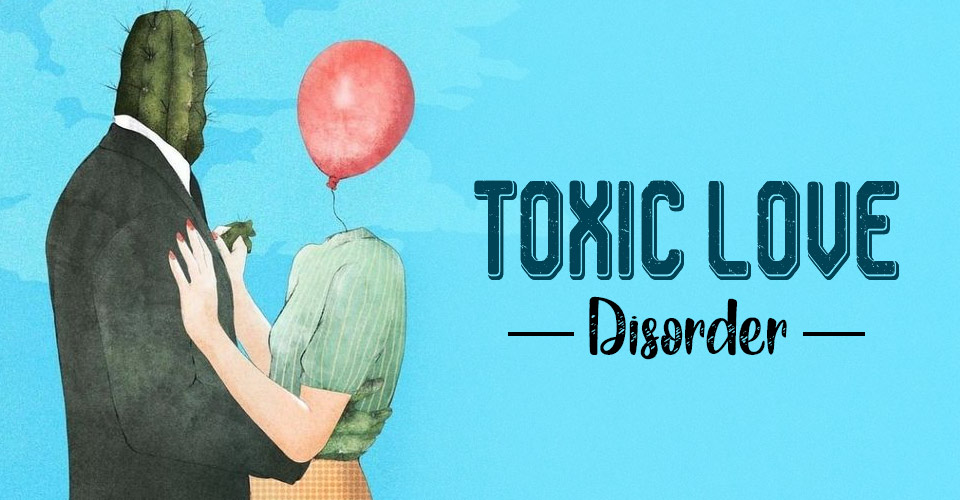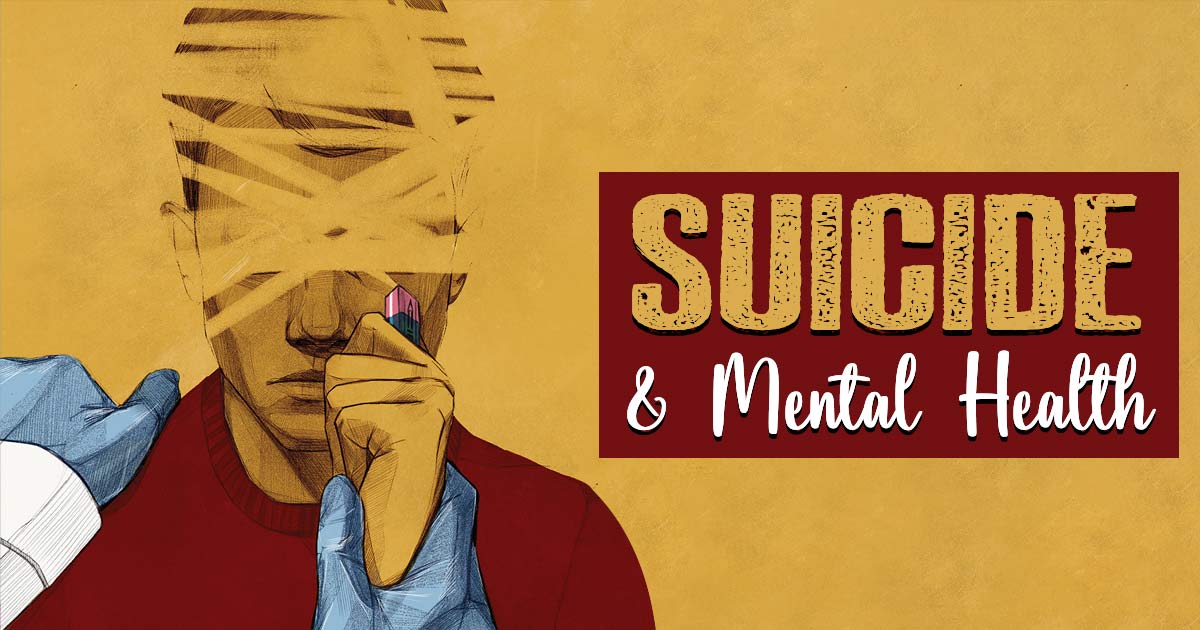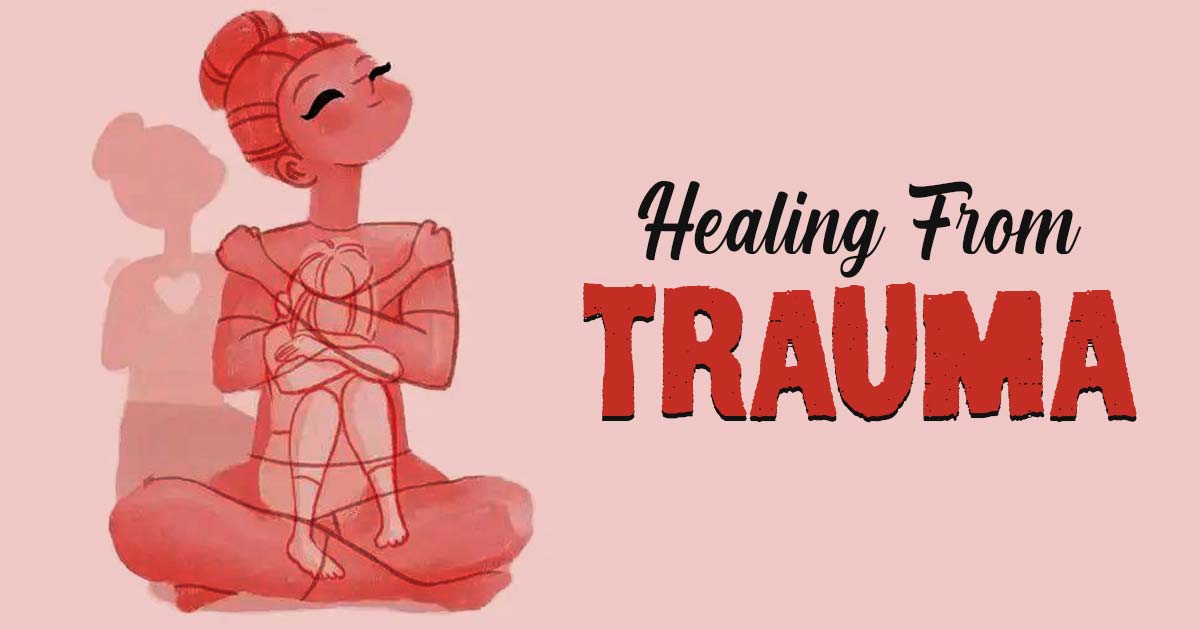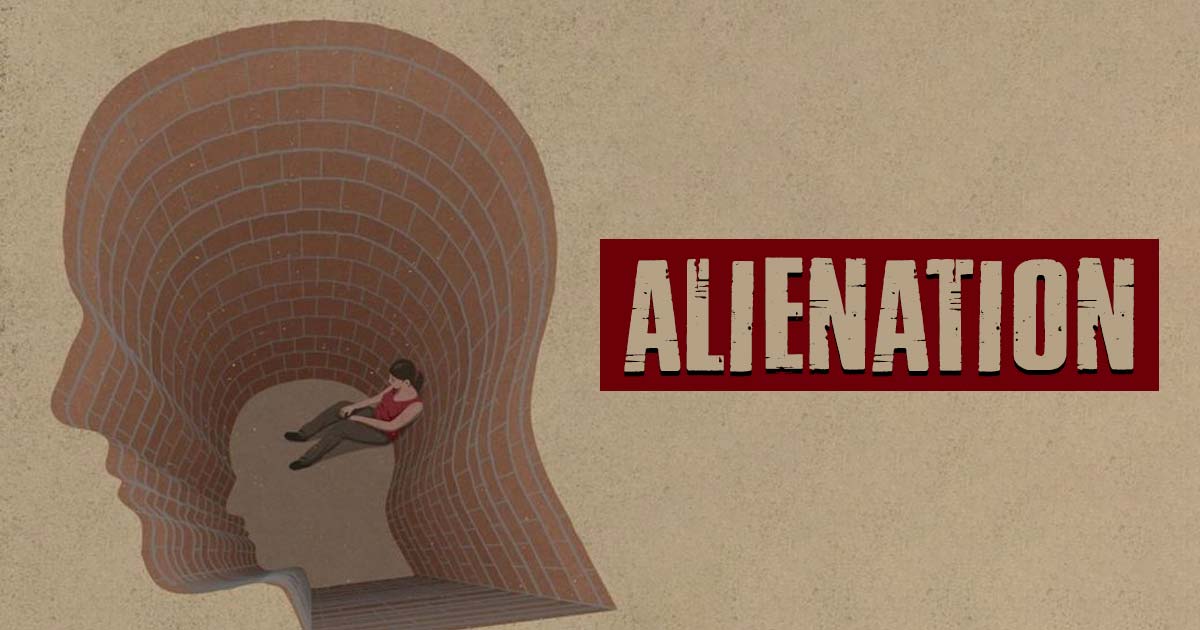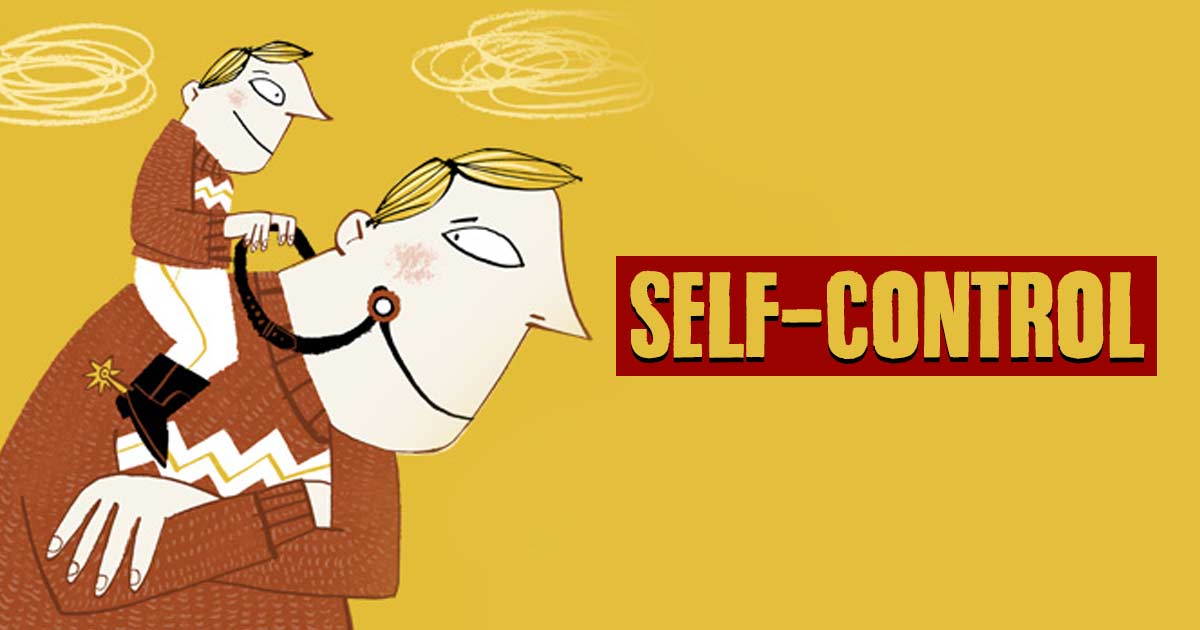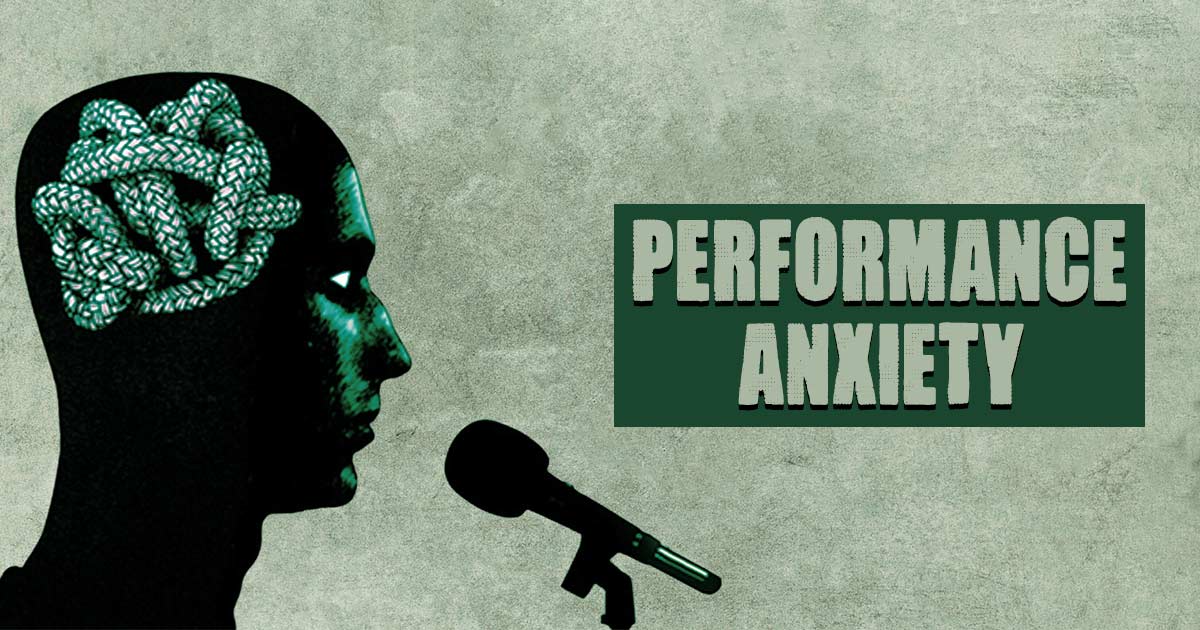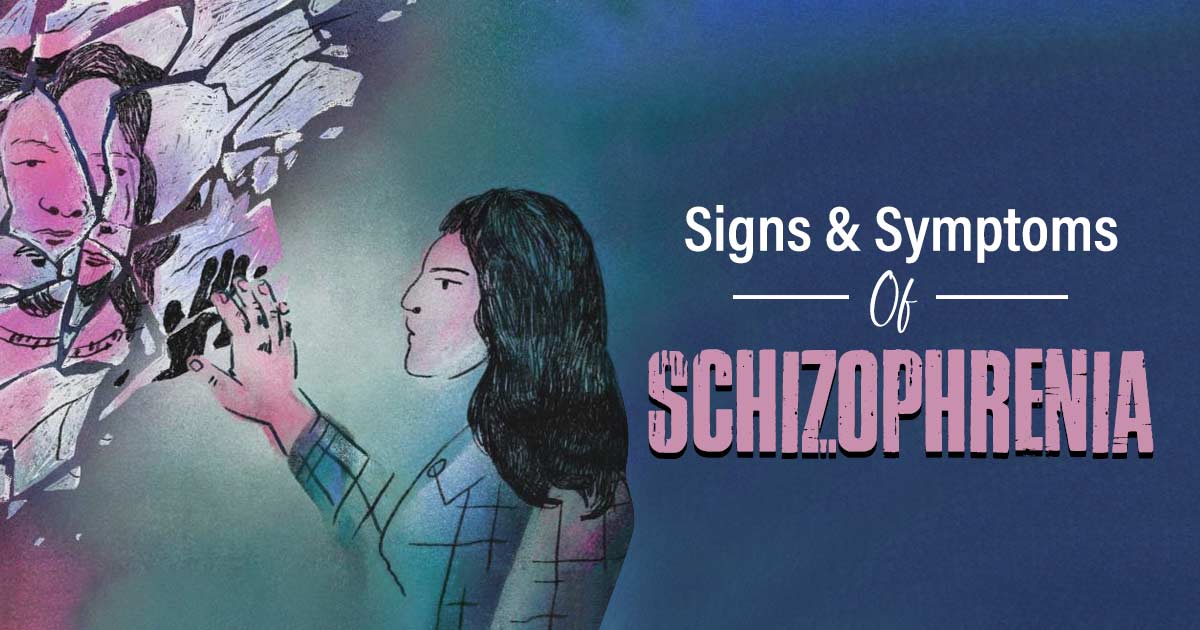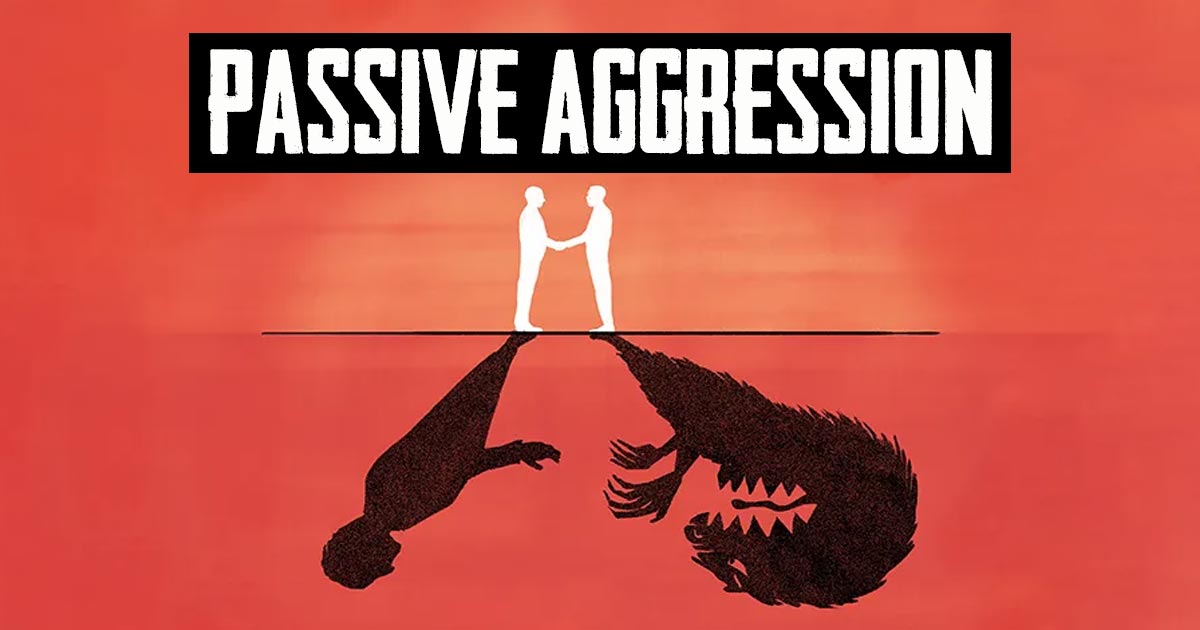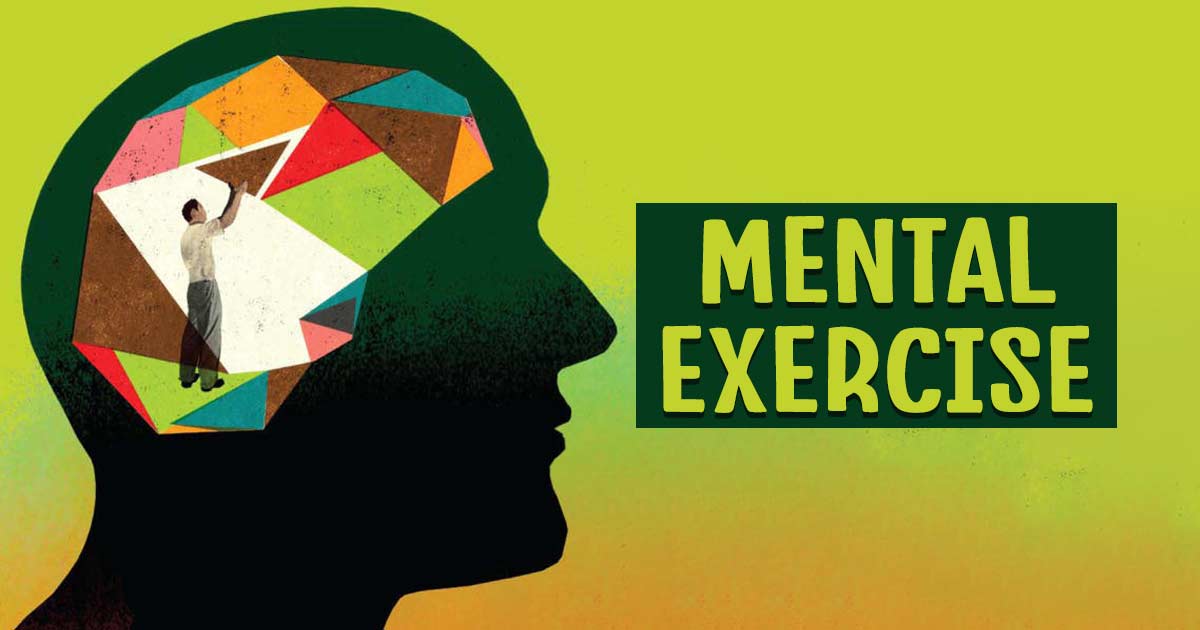Altruism is a selfless trait observed in both humans and animals, characterized by behaviors that benefit others without expecting personal gain. It involves genuinely caring for and prioritizing the well-being of others, even when there is no immediate advantage or benefits for oneself.
What Is Altruism?
Altruism refers to the selfless concern 1 Mattis, J. S., Hammond, W. P., Grayman, N., Bonacci, M., Brennan, W., Cowie, S. A., Ladyzhenskaya, L., & So, S. (2009). The social production of altruism: motivations for caring action in a low-income urban community. American journal of community psychology, 43(1-2), 71–84. https://doi.org/10.1007/s10464-008-9217-5 for the well-being and welfare of others, even at the expense of one’s own interests. It involves acting with kindness, empathy, and compassion towards others, without expecting anything in return.
Altruistic actions are motivated by a genuine desire to help others and promote their welfare, often driven by a sense of moral duty or personal values.
Altruism in psychology is seen as a complex human behavior influenced by various factors. One prominent theory is social exchange theory, which suggests that people engage in altruistic acts when they anticipate benefits or rewards, either intrinsic (e.g., feeling good about oneself) or extrinsic (e.g., social approval).
Another perspective is the empathy-altruism hypothesis, which proposes that individuals are more likely to help others when they experience empathic concern and can understand and share the emotions 2 Smith, R., Lagarde, M., Blaauw, D., Goodman, C., English, M., Mullei, K., Pagaiya, N., Tangcharoensathien, V., Erasmus, E., & Hanson, K. (2013). Appealing to altruism: an alternative strategy to address the health workforce crisis in developing countries?. Journal of public health (Oxford, England), 35(1), 164–170. https://doi.org/10.1093/pubmed/fds066 of those in need.
Prevalence of altruism
The prevalence of individuals with altruistic personalities in the global population can vary, as studies have shown that a significant proportion of individuals exhibit altruistic tendencies to some degree.
Research suggests that women generally display slightly higher levels of altruism 3 Hu, T. Y., Li, J., Jia, H., & Xie, X. (2016). Helping Others, Warming Yourself: Altruistic Behaviors Increase Warmth Feelings of the Ambient Environment. Frontiers in psychology, 7, 1349. https://doi.org/10.3389/fpsyg.2016.01349 compared to men. However, it is important to note that there is considerable overlap in altruistic behaviors between men and women.
Characteristic Traits Of Altruistic Behavior
Common 4 Darlington P. J., Jr (1978). Altruism: its characteristics and evolution. Proceedings of the National Academy of Sciences of the United States of America, 75(1), 385–389. https://doi.org/10.1073/pnas.75.1.385 altruism character traits include:
- Empathy
- Compassion
- Selflessness
- Generosity
- Kindness
- Moral integrity
- Positive values
- Sound intentions
- Prosocial behavior (like kindness, generosity, etc.)
- Leadership characterized by altruistic values
Read More About Empathy Here
Types Of Altruism
There are different 5 Bhuvana, M. L., Pavithra, M. B., & Suresha, D. S. (2021). Altruism, an attitude of unselfish concern for others – an analytical cross sectional study among the Medical and Engineering students in Bangalore. Journal of family medicine and primary care, 10(2), 706–711. https://doi.org/10.4103/jfmpc.jfmpc_834_20 types of altruism, each involving unique aspects of selfless behavior. These include:
1. Kin altruism
This type of altruism involves altruistic actions directed towards genetically related individuals, such as helping family members in times of need or sacrificing personal resources for the benefit of one’s children.
2. Reciprocal altruism
This is altruistic behavior that is motivated by the expectation of future reciprocation. For example, individuals may help others with the understanding that they will receive assistance in return when they require it.
3. Psychological altruism
This includes acts of altruism that are driven purely by selfless motives, without any expectation of personal gain or benefit. This type of altruism is often observed in anonymous acts of kindness or voluntary acts of charity.
4. Utilitarian altruism
This includes altruistic actions based on the belief that the overall well-being of the greatest number of people should be maximized. This type of altruism can be seen in individuals advocating for social justice, humanitarian efforts, or policy changes to benefit society.
5. Heroic altruism
This altruistic behavior is characterized by acts of great courage and sacrifice and it is often performed in emergency or life-threatening situations. Examples include individuals risking their lives to save others from danger or jumping into action during natural disasters.
6. Altruistic punishment
This type of altruism involves the act of punishing individuals who engage in selfish or unfair behavior, even at personal cost, with the intention of promoting cooperation and fairness within a group or society. This can be observed in situations where people are willing to incur a personal loss to prevent others from benefiting unfairly.
Why Is Altruism Important?
Altruism is considered an essential human quality 6 Post S. G. (2005). Altuism, happiness, and health: it’s good to be good. International journal of behavioral medicine, 12(2), 66–77. https://doi.org/10.1207/s15327558ijbm1202_4 as it plays a crucial role in promoting social cohesion, empathy, and overall well-being. It is required for several reasons. Firstly, altruism fosters positive relationships and social bonds, creating a supportive and cooperative community.
Secondly, acts of altruism enhance the emotional and psychological well-being of both the giver and the recipient, contributing to individual happiness and fulfillment.
Additionally, altruism is necessary to address societal challenges, such as poverty, inequality, and environmental issues, by promoting collective action and a sense of responsibility toward the welfare of others and the planet. Ultimately, altruism helps create a compassionate and harmonious society where individuals can thrive together.
What Causes Altruism?
Altruism may have evolved as a beneficial trait for social species, enhancing survival and reproduction. It is further shaped through parental modeling, empathy teaching, and promoting prosocial values during childhood. Other factors 7 Filkowski, M. M., Cochran, R. N., & Haas, B. W. (2016). Altruistic behavior: mapping responses in the brain. Neuroscience and neuroeconomics, 5, 65–75. https://doi.org/10.2147/NAN.S87718 that contribute to the development of altruism include:
- Empathy
- Emotional connection and support
- Cultural values, norms, and expectations prioritize prosocial behavior
- Strong personal values that promote compassion and fairness
- Reciprocity and social exchange
- self-empowerment and efficacy
- Personal experience and exposure to acts of kindness (like volunteering)
Altruism And Mental Health
Altruism and mental health are intertwined 8 Xiao, Y., Wong, K., Cheng, Q., & Yip, P. S. F. (2021). Understanding the Better Than Average Effect on Altruism. Frontiers in psychology, 11, 562846. https://doi.org/10.3389/fpsyg.2020.562846 , with acts of kindness and selflessness positively impacting overall well-being. Altruism enhances one’s sense of purpose and meaning, providing direction and influencing mental well-being. It also promotes positive emotions like joy, gratitude, and compassion, buffering against stress and fostering resilience.
Altruism fosters social connections, reducing isolation and enhancing psychological well-being. Additionally, it improves self-esteem by recognizing one’s ability to make a difference, contributing to positive mental health outcomes.
Overall, altruism plays a vital role in cultivating purpose, fostering positive emotions, nurturing social connections, and enhancing self-esteem, benefiting both the giver and those receiving help.
Read More About Gratitude Here
How To Develop Altruistic Character Traits
Consider the following measures 9 Dubé, K., Perry, K. E., Mathur, K., Lo, M., Javadi, S. S., Patel, H., Concha-Garcia, S., Taylor, J., Kaytes, A., Dee, L., Campbell, D., Kanazawa, J., Smith, D., Gianella, S., Auerbach, J. D., Saberi, P., & Sauceda, J. A. (2020). Altruism: Scoping review of the literature and future directions for HIV cure-related research. Journal of virus eradication, 6(4), 100008. https://doi.org/10.1016/j.jve.2020.100008 to nurture altruistic character traits:
- Cultivate empathy by putting yourself in others’ shoes and striving to understand their experiences and emotions.
- Volunteer and engage in community service to contribute your time and skills to help others in need.
- Practice acts of kindness in our daily life, such as helping a stranger or offering support to a friend.
- Learn about different life perspectives and the challenges faced by disadvantaged groups (like people in poverty or with health challenges) in society.
- Foster gratitude and recognize the kindness shown to you by others.
- Model altruistic behavior by demonstrating altruistic behavior and encouraging others to do the same.
- Promote a culture of giving in your family, community, or workplace.
- Reflect on personal values, emphasizing compassion, fairness, and the importance of helping others.
- Seek diverse experiences to broaden your perspective and understanding of others’ needs.
- Practice self-care to ensure you have the energy and resources to engage in altruistic acts.
Read More About Self Care And Wellness Here
Takeaway
Altruism, despite any potential drawbacks, has the power to significantly improve our world for both humans and animals. It is a trait that deserves our active cultivation as it fosters personal and collective growth.
Furthermore, practicing altruism has numerous positive effects on our mental, emotional, and physical well-being, contributing to greater happiness, satisfaction, and overall longevity. By embracing altruism, we can create a more compassionate and harmonious society, where everyone benefits and thrives.
At A Glance
- Altruism refers to the selfless concern for the well-being and welfare of others, even at the expense of one’s own interests.
- The prevalence of altruistic personalities in the global population can vary, with cultural and social factors, personal values, upbringing, and life experiences playing a role.
- Different types of altruism include kin altruism, reciprocal altruism, psychological altruism, utilitarian altruism, heroic altruism, and altruistic punishment.
- There are many benefits of altruism, including fostering positive relationships, emotional and psychological well-being, and collective action to address societal challenges.
- Altruism and mental health are intertwined, with acts of kindness and selflessness positively impacting overall well-being.
- To develop altruistic character traits, one can cultivate empathy, engage in volunteer work, practice acts of kindness, learn about different perspectives, foster gratitude, etc.
Frequently Asked Questions (FAQs)
1. What are 5 examples of altruism?
Five examples of altruism include helping a stranger in need, volunteering at a local charity, donating blood or organs, participating in philanthropy by supporting social causes, and rescuing and adopting animals from shelters.
2. How does altruism affect society?
Altruism positively impacts society by fostering a sense of empathy, cooperation, and social cohesion, promoting a more compassionate and supportive community, and addressing the needs of marginalized individuals or groups.
3. What are the limitations of altruism?
The limitations of altruism include the potential for exploitation or manipulation by others, the risk of neglecting one’s own needs and well-being, the challenge of addressing complex systemic issues, and the difficulty of maintaining a consistent level of selflessness in a self-centered world.

